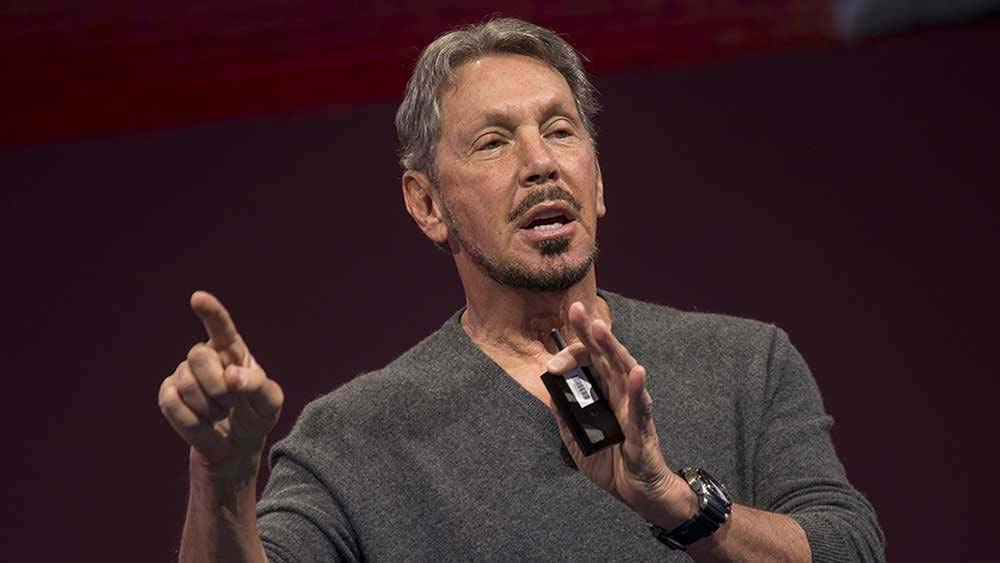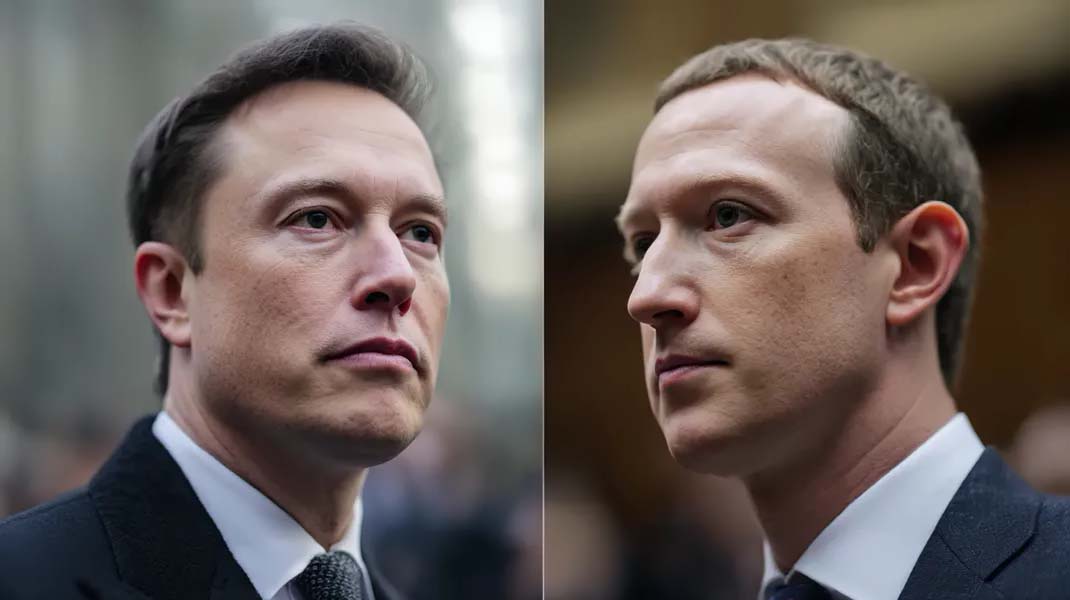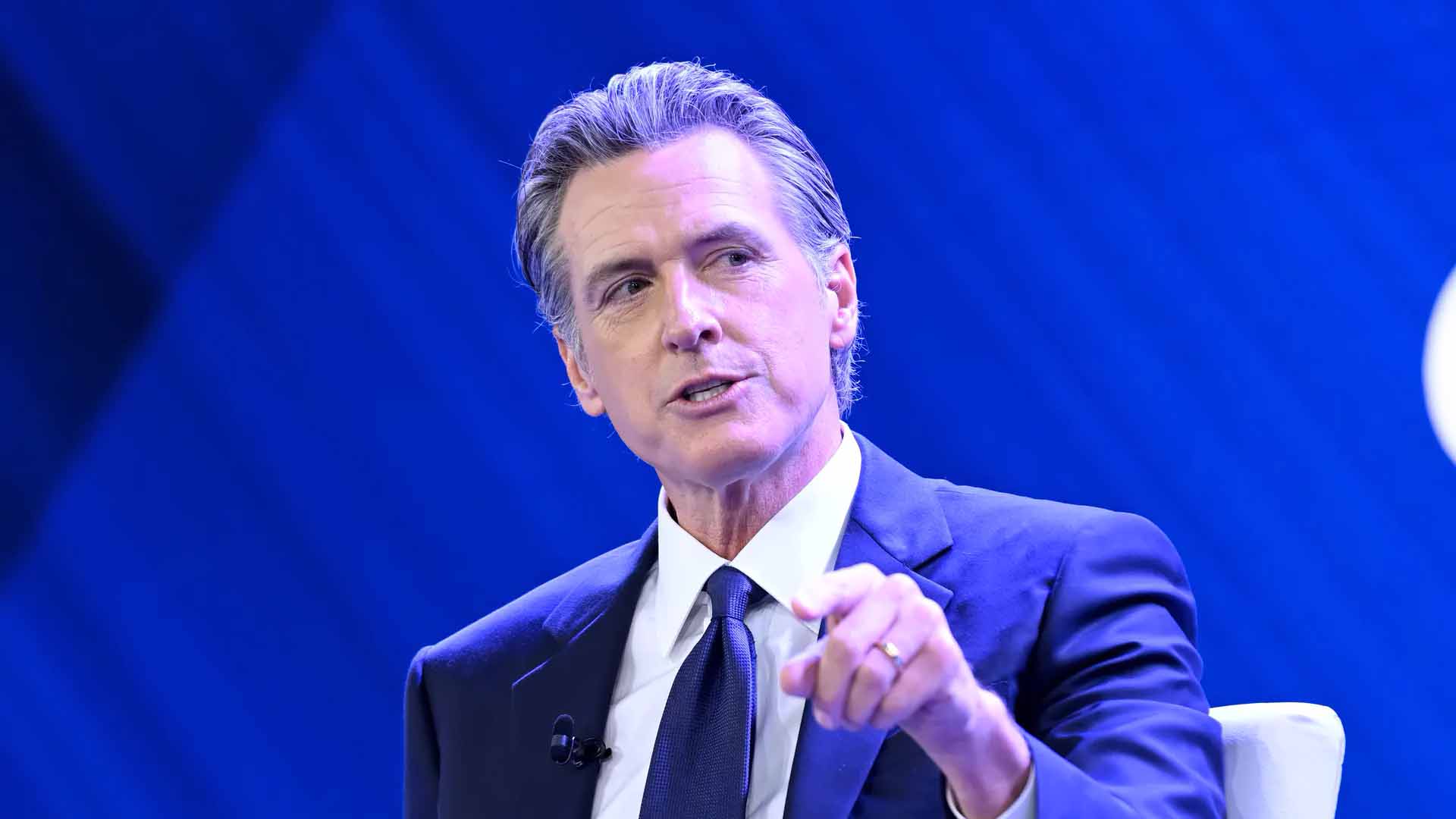One of the world's most influential entrepreneurs, Elon Musk, has once again found himself in the spotlight, confirming that he has returned to an extremely tight work schedule. The founder and CEO of Tesla, SpaceX and xAI said that he works seven days a week and regularly spends the night at the work sites of his companies. According to him, if there are no children around, he stays in the office, switching from work to short-term sleep and returning to business again.
Musk has already used this mode during periods of large-scale launches and production failures in his projects. He spent his nights at Tesla plants and SpaceX engineering areas, which became part of his corporate culture — as an example of leadership and personal involvement in critical stages of company development.
In recent weeks, public attention has been drawn not only to his schedule, but also to statements about the harm that such a load causes. Musk admitted that constant work without rest negatively affects his health.: "It's bad, it hurts a lot, it hurts my brain and my heart." Despite his cult of productivity, he doesn't recommend that others follow his lifestyle.
Against the background of these statements, Musk also commented on the success of SpaceX. Recently, part of the Super Heavy accelerator used in one of the test launches was recovered from the ocean floor. The head of the company called the find similar to a fragment of a "long-lost civilization", emphasizing the scale and historicity of the projects being implemented.
At the same time, the entrepreneur distanced himself from participating in politics. In May, he officially left his post at the government agency DOGE, which specializes in controlling government spending. Musk noted that from now on, he is focused exclusively on technology companies and once again works 24/7, dealing with Tesla, SpaceX, xAI and other areas.
Elon Musk's admission about the dangers of round-the-clock employment raises a broader question about the balance between personal life and workload in high-tech corporations. Despite the cult of efficiency, even the most powerful entrepreneurs are increasingly paying attention to the psychological and physical exhaustion associated with extreme workaholism.













